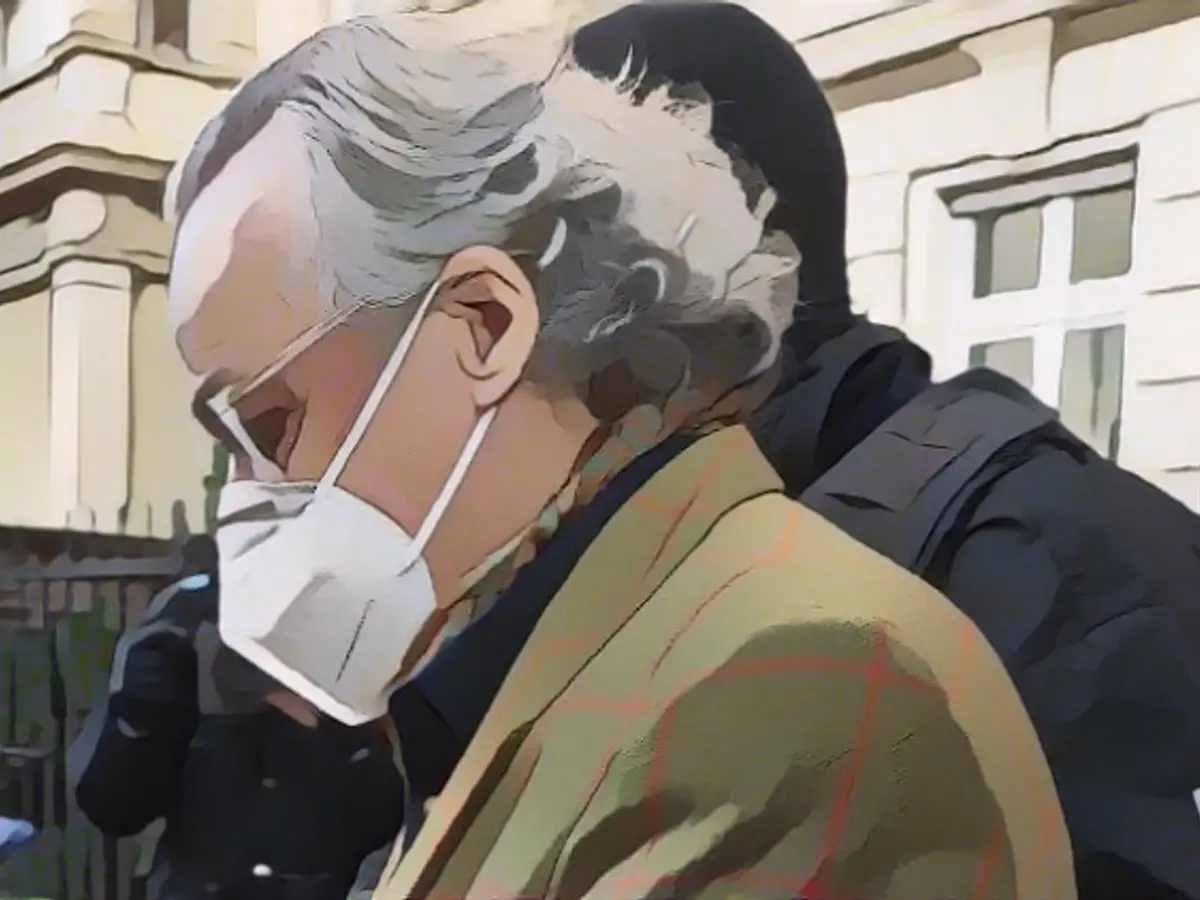Disintegration of the Left-Wing Parliamentary Bloc
The Left Party parliamentary group in the German Bundestag has bid its political farewell following a midnight dissolution decision, with 38 of its members now categorized as 'non-affiliated'. This dramatic turn of events transpired after Sahra Wagenknecht, along with nine other Left Party MPs, decided to part ways, aiming to establish a rival faction, the Sahra Wagenknecht Alliance, in January.
Leye's Melancholic Reflection
Behind this political upheaval lies years of disagreement within the group. Christian Leye, a fellow campaigner of Wagenknecht, described the dissolution as a necessary step, albeit accompanied by a thread of sadness. He appreciated the individuals in both the parliamentary group and the party but ultimately stressed that it was a political decision brought about by the inability of the majority of Left Party functionaries to confront the crises of the time - crises requiring answers to social division, economic decline, war, and the rise of right-wing anti-democrats.
Group Reorganization Ploy
Wagenknecht and her allies intend to restructure themselves into two distinct Bundestag groups: one led by the remaining 28 Left Party MPs and another comprising the 10 members of the Sahra Wagenknecht Alliance. The Left Party has already applied for this reorganization to the Bundestag, while Wagenknecht's group plans to follow suit soon.
The new groups will enjoy fewer privileges in the Bundestag compared to traditional parliamentary groups, with only the remaining 28 Left Party MPs benefiting from access to parliamentary group rights, such as the ability to raise small/large questions or request topical debates. However, the financial implications remain unclear, with the relevant details to be determined by the Bundestag resolution.
The Aftermath
Wagenknecht's faction, although having broken free from the Left Party, aim to maintain their presence in the German federal parliament. This unexpected development not only signifies the potential fragmentation of the Left's presence in the Bundestag but also heralds the beginning of a new legislative journey marked by unprecedented political challenges.
Additional Insights
The departure of Wagenknecht and her allies from the Left Party comes with several political implications:
- Threshold for Representation: To maintain their Bundestag presence, the newly formed Sahra Wagenknecht Alliance (BSW) must secure at least 5% of the second votes nationwide, or win at least three constituency seats.
- Seat Allocation: If the BSW fails to meet the 5% threshold, it may receive fewer seats based on its share of the second votes, or it may be awarded constituency seats if successful routs are less than available seats.
- Financial Support: The BSW may receive less financial support compared to larger parties if it fails to comply with the 5% voting threshold. However, it can still receive some funding if it wins at least three constituency seats.
- Rights and Responsibilities: Members of the Bundestag, including Wagenknecht, have the right to participate in parliamentary debates and vote on legislation, as well as the opportunity to serve on parliamentary committees.
- Public Perception and Support: Wagenknecht's hardline and controversial stance may negatively affect public perception of her new party, particularly her anti-immigration views and criticism of Chancellor Olaf Scholz.
- Internal Party Dynamics: The split has fuelled internal conflicts and potential legal challenges within the Left Party, with over 50 members calling for Wagenknecht's exclusion from the party.








